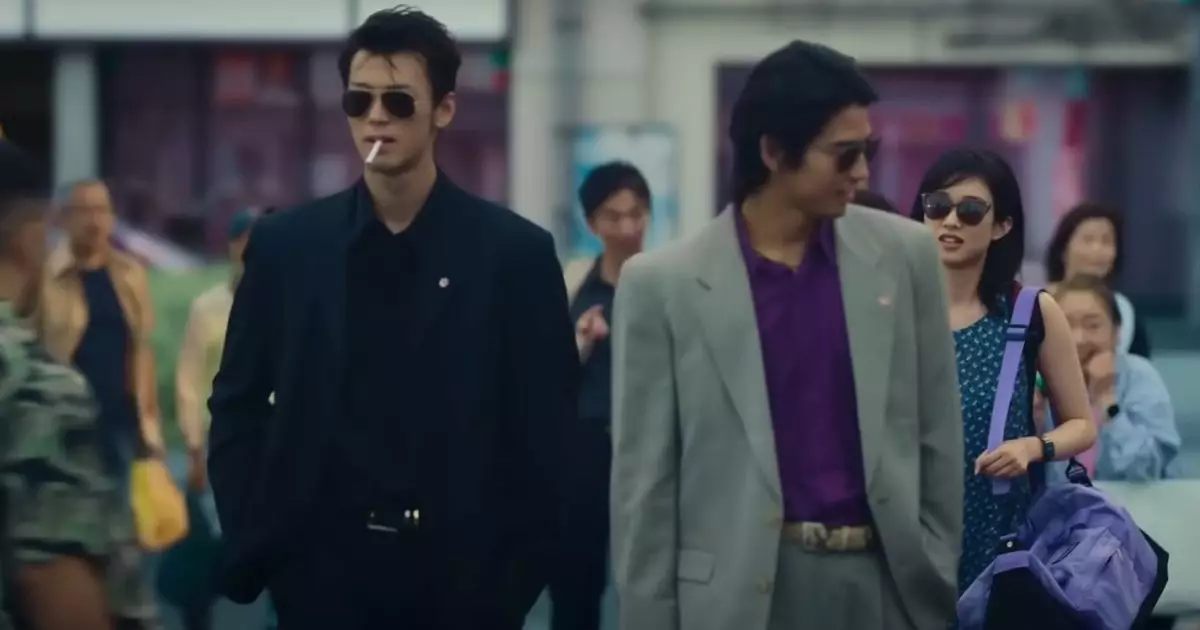The gaming world buzzes with excitement and skepticism over the new Amazon series adaptation of the beloved Yakuza franchise, now known as Like A Dragon. As someone who has delved deeply into both the games and the intricacies of their narratives, it’s difficult to shake the ambivalence that accompanies this announcement. This article will explore the creative liberties taken in adaptations, the importance of story fidelity, and whether unexpected elements might enhance or detract from the traditional Yakuza experience.
Adapting a Video Game to Television: Challenges Ahead
Adaptations of video games into television series often walk a tightrope between fidelity and innovation. The Yakuza series is renowned for its unique blend of absurdity, emotional storytelling, and engaging combat mechanics, elements that might not transition smoothly onto a linear medium like television. The newly released trailer suggests that the adaptation will gravitate towards a gritty and serious narrative tone, veering away from the flamboyant and sometimes ludicrous scenarios that have defined the games.
However, straying too far from the franchise’s eccentric core may dilute what makes Yakuza so appealing to its devoted fan base. For instance, pivotal subplots—involving bizarre but memorable characters—have been a major draw for players, and their absence could result in a product that feels unrecognizable. While a more serious tone might attract a different audience, it risks alienating long-time fans expecting a faithful portrayal of Kiryu’s outlandish adventures.
The official synopsis unveils the basic narrative conflicts, revolving around Kiryu and his friends as they navigate the dangers of the yakuza underworld in 1995 Kamurocho. The dual timeline offers a chance to explore character development and relationships, which could lead to a deeply engaging narrative arc. However, if executed poorly, the focus could become muddled, leaving viewers disconnected from the characters’ journeys.
An important aspect of the Yakuza games is their ability to weave human stories into larger conflicts. One hopes the series can adeptly capture the emotional complexities that arise from life’s incongruities—such as helping eccentric characters through personal challenges. The depth of storytelling inherent in the Yakuza games could elevate the series, provided that the writers make room for these poignant moments amidst the action.
A notable aspect of the Yakuza franchise is the cyclical nature of Kiryu’s experiences, culminating in dramatic showdowns and unexpected turns of fate. The trailer teases what seems to be a variation of this inevitable structure, echoing elements familiar to the franchise’s fans. Speculations run wild regarding whether the series finale will draw from memorable scenes—such as epic confrontations in the Millennium Tower. Will Kiryu’s story arc come full circle with him rising from chaos, or will the series take the opportunity to introduce groundbreaking developments?
If the show embraces these climactic moments, it risks being too formulaic. Fans might recall similar scenes from the games, and it’s vital for the adaptation to create its own identity rather than merely replicating game mechanics in a new format. Addressing its audience with fresh narratives rather than relying solely on nostalgia could prove crucial in establishing the series as a stand-alone success.
As anticipation builds for the Like A Dragon: Yakuza series, it falls under the scrutiny of a perplexed yet hopeful audience. The careful balancing act inherent in its adaptation will determine its success: preserving the whimsical spirit of Yakuza while embracing the narrative depth of serialized storytelling. While the trailer suggests a shift towards a more serious approach, it remains crucial that the adaptation honors the core tenets of the original source material. Ultimately, success will hinge on the delicate balance between honoring the source and infusing originality into a world that fans have come to adore.

